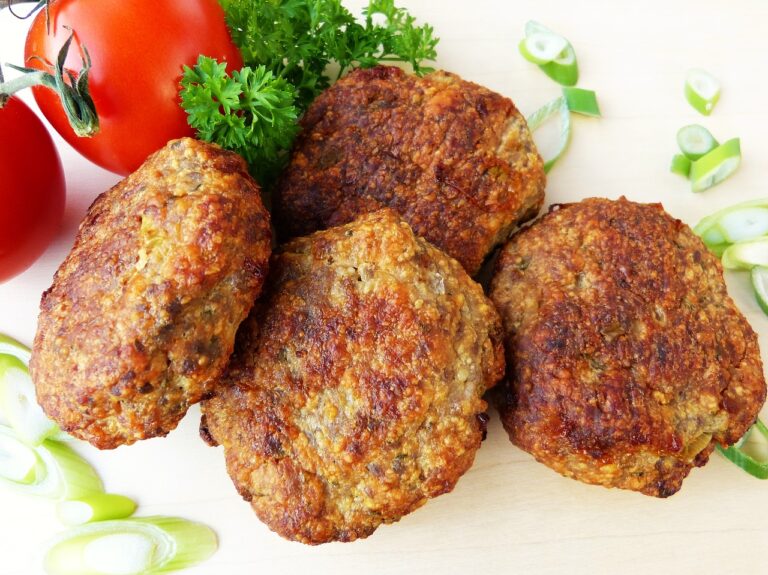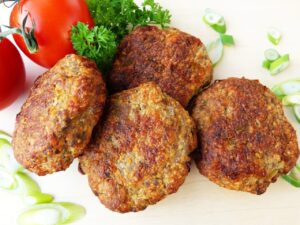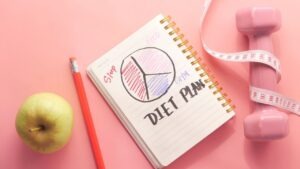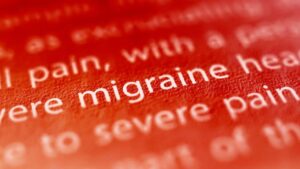HOW MUCH PROTEIN DOES A PERSON NEED PER DAY?

While it goes without saying that proteins are an important element of dietary requirements, different schools of thought have varied opinions about the number of proteins a person should take daily. Taking proteins in modest amounts will help a person keep healthy.
Protein is one of the most crucial components of a person’s diet. People take proteins to keep healthy and boost immunity. Taking in protein fibers like those found in beans and other legumes prevents constipation and maintains the digestive health in good shape. Even for bodybuilding, protein is a critical dietary element. It provides the body with enough calories it needs to boost muscle mass. Muscle strength also increases with protein intake alongside other nutrients like magnesium. While it is true that the health benefits of proteins are uncountable, people really want to know the right amounts of proteins to take daily. This is critical since there are claims that the kidney’s health can go down with excess protein intake. This, though, is still subject to studies before it can be confidently stated. Keep reading the write-up to familiarize yourself with the recommended protein amounts for different situations and other vital information about the protein.
What is protein and why do you need it?
Probably you are wondering what protein is and why a person needs it in the body. Protein forms part of the three main components of a balanced diet. Proteins form from amino acids. These molecules bond together in a bead-like structure. When they bond, the amino acids from the proteins. Of course, the body can consume a small percentage of proteins. Hover, the larger percentage of proteins is fulfilled when you take animal and plant foods. Taking poultry, meat, and seafood helps the body meets its protein requirements.
Proteins are an important part of the dietary requirements owing to their many health benefits. The dead cells found in the air and nails are all made from proteins. Cell physiology takes place in the body because of the protein components that make the cell membrane semi-permeable. The hormones in the body are all made of proteins. The tendons and muscles are all made from proteins. Even for the good health of bones and muscle strength, protein is key. This explains why proteins are on the top of the list for dietary requirements.
The meaning of ‘grams’ in proteins
When talking about proteins and other dietary components, scientists often use the unit ‘gram’ denoted by ‘g.’ This article will also include several sections with this unit gram, and so knowing what it denotes is key. In addition, many people misunderstand its usage in sentences. Whenever the unit gram is used, it means the weight of protein macronutrient in a portion of a particular food and not the weight of that food with proteins. While the mass of the food may be much, the mass s of the proteins may be quite less.
For instance, while a whole egg may weigh around 46g, its protein weight might only be 6g. Knowing the proper usage of the unit gram is critical in understand other things about proteins.
The right protein proportions
As mentioned earlier, scientists believe and are sure that protein is critical for the body’s well-being. This section talks about how many proteins you
need to take for different life phases;
Proteins intake for weight loss
When a person shakes off some pounds he wished to have gone, he definitely feels happy. Losing weight is more fun and easier if you take enough proteins in the diet. Some research recommends taking about 25-35% calories coming from proteins for those losing weight, and the figure varies significantly. With about 25-30% protein intake, a person boosts the burnt calories by 80-100%. The more calories a person burns, the easier the quest for weight loss becomes. Proteins help in losing weight by generating more calories to burn and shake off weight. Besides, eating proteins leaves you feeling full for a long time. This feeling reduces your appetite and the desire to eat every other time. This way, you can easily lose weight.
Therefore, if you are serious about shaking off some pounds, you can start thinking of increasing your daily protein consumption, say by 30%, instead of being on a low protein diet.
Protein intake for gaining muscle mass and strength
Most men (and in some cases ladies), would love to increase their muscle mass and strength. This is one of the most adorable looks among youngsters and adults and so bodybuilding is a style. Even for this mission, protein intake in the right amounts is essential. This is because muscles, just like other tissues, degenerate for others to be built. It takes a steady nitrogen balance to gain muscle mass and strength. This means that for the muscle mass and strength to build up, the number of proteins taken in must supersede the proteins being broken down. Various studies have come up with varying suggestions on the optimal protein intake for muscle mass and strength gains. Some suggest 1.1g per pound while others think that taking 0.7g per pound would be ideal. Studies are ongoing and it might be possible to state confidently the exact optimal value with time. In the meantime, anything between 0.7-1gram per pound would be okay.
Protein intake during pregnancy
One of the major concern health practitioners have had from clients and patients revolves around the right amount of proteins for a woman to take during pregnancy. This is a critical concern since protein is an essential requirement during pregnancy for tissue development in the fetus and the mother. And just as it is for other protein needs, researchers have not reached a unanimous agreement on how much protein a woman needs to consume during her pregnancy. Some studies suggest 0.55g per pound of protein while others prefer 0.55-0.69g per pound of protein intake. As a woman breastfeeds, the figure gets to 0.59g per pound of protein and an extra 25g of absolute proteins.
For any of the stated protein requirements, whether for weight loss, muscle gain, or breastfeeding, the most ideal way of gaining proteins would be eating whole protein sources. These sources include animal and plant sources like poultry, fish & seafood, meat, dairy products, and nuts &seeds.
Conclusion
Protein is one of the most essential elements of a conventional balanced diet. Because of its unmatchable health benefits, proteins are critical in a normal diet. The tendons, muscles, cells, and skin rely on the proteins for their formation and maintenance. Yet, a person requires optimal levels of proteins to lose weight, gain muscle mass and weight, and even for pregnancy. This article has discussed the various protein needs for various situations. Of course, there is a slight variation from different studies, but the stated figures are within the acceptable ranges.




